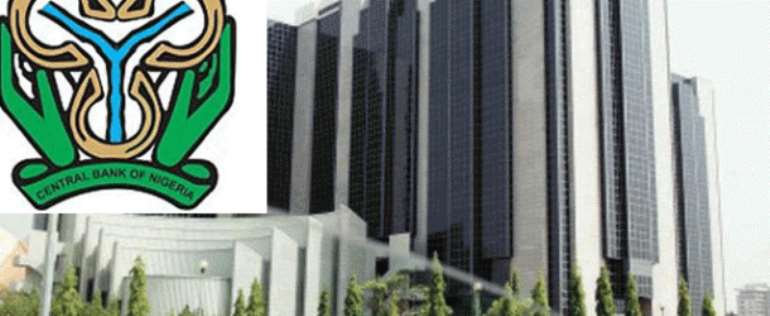MPC member accuse banks of abusing CBN Interest Rate Rules

One of the ten members present at the last week's Monetary Policy Committee (MPC) meeting held in Abuja, accused banks of abusing interest rate rules and argued for regulation to control money deposit banks' interest rate spreads.
The personal statements of the ten members present at the meeting published by the Central Bank of Nigeria (CBN) revealed that a member, Uche U. Chibuike, called for a 25bps reduction in the policy rate to 11.75 per cent.
Chibuike shared the fears of the impact of 'hot money' and his response to the weak pass through was for the CBN to up its game and confront what he saw as banks' abuse of interest rates rules.
According to him, 'It is in my opinion that it is the duty of the CBN to ensure that the wide interest rate margins of commercial banks are curtailed. This should not be difficult because available evidence shows that such wide interest rate variances have in some cases been fuelled by the abuse of existing CBN interest charge rules by commercial banks.
'The belief that banks are in a rentier state where information inefficiency thrives will through moral suasion behaviour is a less predatory manner with respect to interest rate policies is erroneous. The current data which shows that banks are gradually returning to their mega profit declaration days sometimes with little respect for existing CBN rules is clear evidence of this. Ensuring the enforcement of existing interest rate rules and if necessary using regulation to limit the interest rate spread of banks is a necessary condition for the creation of an enabling environment for the transmission of MPR changes to the all-important real sector, 'he said.
Meanwhile, another member, Barau Suleman, who voted against the retention of MPR at 12 per cent accepted that the Pass Through from a rate cut to the banks' maximum lending rate is 'inelastic' but identified a greater threat from the acceleration of portfolio inflows.
Although the two members expressed the minority view, THE CITIZEN learnt that the CBN's in-house forecasts have headline inflation at 8.5 per cent y/y, and core inflation at 6.6 per cent at June 2013.
THE CITIZEN findings also revealed that the National Assembly's $79/b oil price threshold for 2013 was not popular with members for its inflationary impact and for its take on the international oil market.
A financial expert who does not want his name mentioned told THE CITIZEN that the majority of MPC members do not want to change the winning formula unless it is more comfortable with domestic inflation and the global outlook.
'That seems unlikely at the next meeting in March this year although I see easing thereafter and a policy rate of 9.5 per cent at end-year, 'he said.
